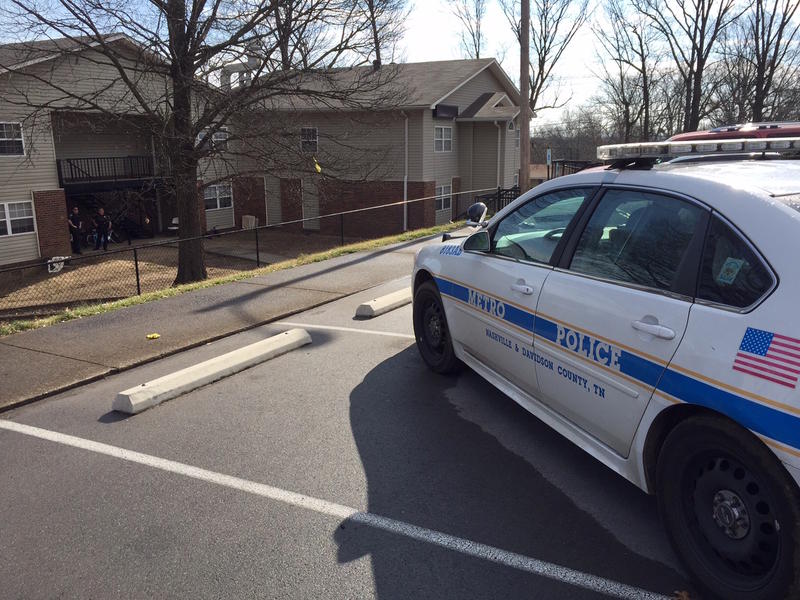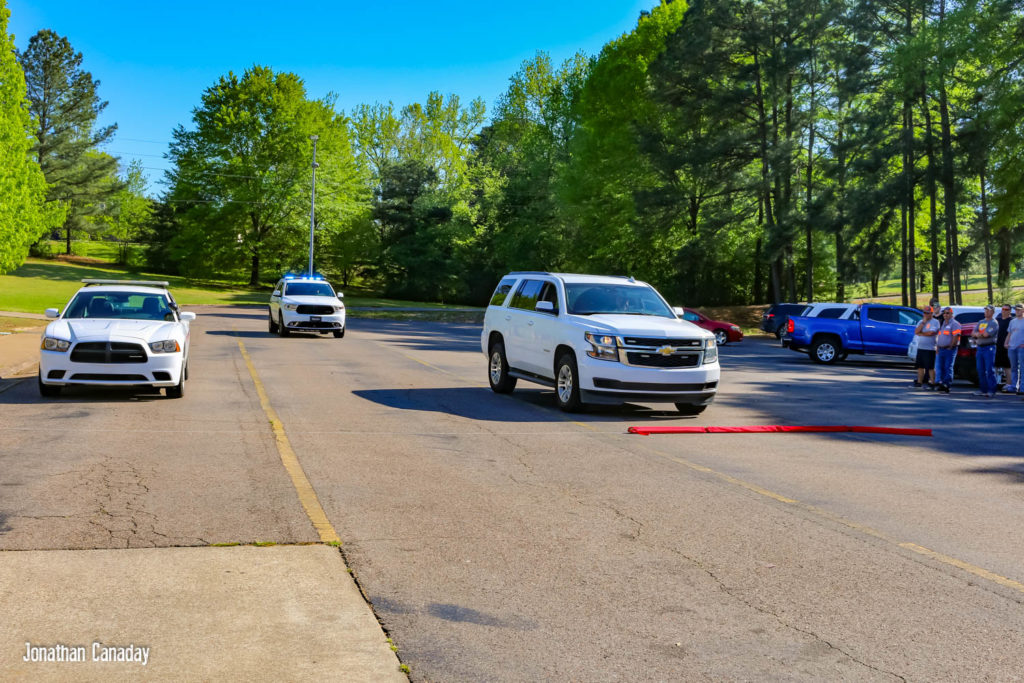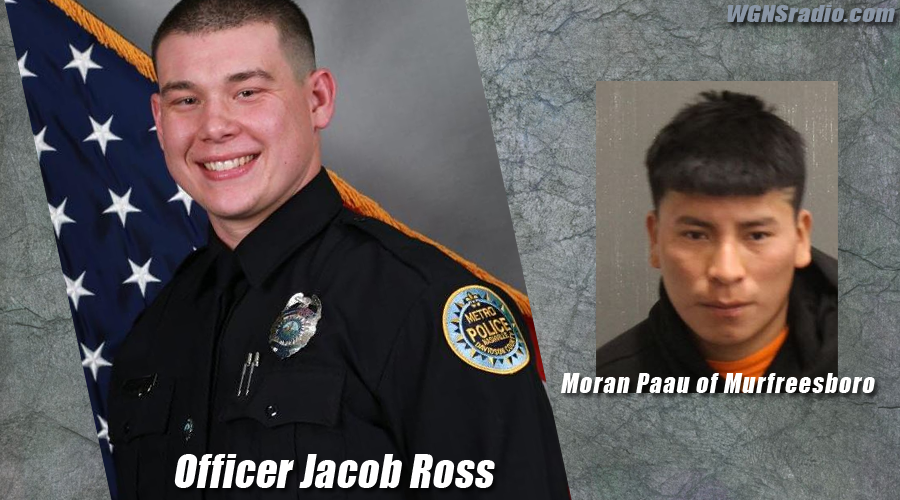


The result is legislation BL2021-961, that provides a strong framework for LPR use and a framework that will be used responsible and transparently,” wrote Drake and Alarcon.īut despite assurances that the t echnology won’t be used by outside forces, critics warned that the police department cannot provide guarantees.Ĭouncilmember Bob Mendes has actively opposed the ordinance, which he calls “terribly written,” and said there’s too many unanswered questions about who has access to the LPR database while community groups are given limited access.
#Nashville police scanner license
“For the past year, the council has thoroughly and productively debated the use of license plate readers. LPR data is also confidential and cannot be accessed through public records requests.

In Nashville, LPRs will not be used for minor traffic infractions or to identify speeders or occupants in vehicles, and LPR data will not be shared with any type of immigration enforcement. “Once it’s immediately determined it’s an error, we try to work on the error and contact the other agencies to fix it so this person doesn’t get stopped again,” he said, adding that he’s only seen two incidents since their system has been operational. While errors can occur, they are marginal, he said. “We get that intelligence ahead of time so we can make safer traffic stops, or what we call pursuit prevention plans.” “It’s helpful to know too that when the system alerts on a vehicle, it’s already a known criminal vehicle so it gives our officers that intelligence ahead of time,” said Chandler. Juliet Police Department spokesperson Tyler Chandler. Technology records are also only kept for 30 days, said Mt. Juliet police cannot detain suspects unless the license plate in question is part of an open case or on the National Crime Information Center database, otherwise known as a hot list.
#Nashville police scanner how to
“There’s laws already out there, but the chief has not wanted to use them yet until he sees what legislation is passed and then he’ll make a decision on how to move forward,” said Laura. Under state law, police departments statewide are already able to use LPR technology and data cannot be stored for more than 90 days unless it’s part of an ongoing investigation, but each city can decide how LPRs can be used. Juliet, with police believing she was driving a stolen vehicle. Police municipalities surrounding Nashville are already using LPR technology, and in 2021, a data entry error in Nashville led to a woman being detained in Mt. Carlos Laura.īut the technology isn’t without controversy. “We want LPRs, we think that they’re incredible tools as long as they are utilized appropriately with the proper protections for the citizens, with the proper policies and procedures in place,” said MNPD Capt. Councilmember Sandra Sepulveda, a critic of LPRs, called passage of legislation to permit the technology “irresponsible.” (Photo: John Partipilo) Apart from kidnappings, LPRs could assist with solving the almost 30% of Nashville auto accidents that are hit and runs. In a letter to Nashville Vice-Mayor Jim Shulman, MNPD Chief John Drake and NDOT director Diana Alarcon referred to a recent event in Arizona in which use of LPRs led police to recover a Sumner County child who was the subject of an Amber Alert. Officials with the Metro Nashville Police Department and the Nashville Department of Transportation (NDOT) have argued that LPRs would allow police to quickly respond to dangerous situations involving vehicles, including Amber Alerts, Silver Alerts, vehicle theft, burglaries and related crimes in which identifying the vehicle could make or break a case.

“These are people’s lives at stake.”įor nearly two years, critics and advocates in Nashville have debated over whether license plate reader technology, or LPRs, prevent crime or infringe upon individual rights. “I think it’s irresponsible to pass a vote that’s not fully fleshed out,” said Councilmember Sandra Sepulveda. On Tuesday night, Metro Nashville Council passed a controversial ordinance to allow Metro Nashville police use of license plate reader technology as part of a 6-month pilot, despite concerns by council members and civil rights advocates about the lack of safeguards protecting individual rights.


 0 kommentar(er)
0 kommentar(er)
